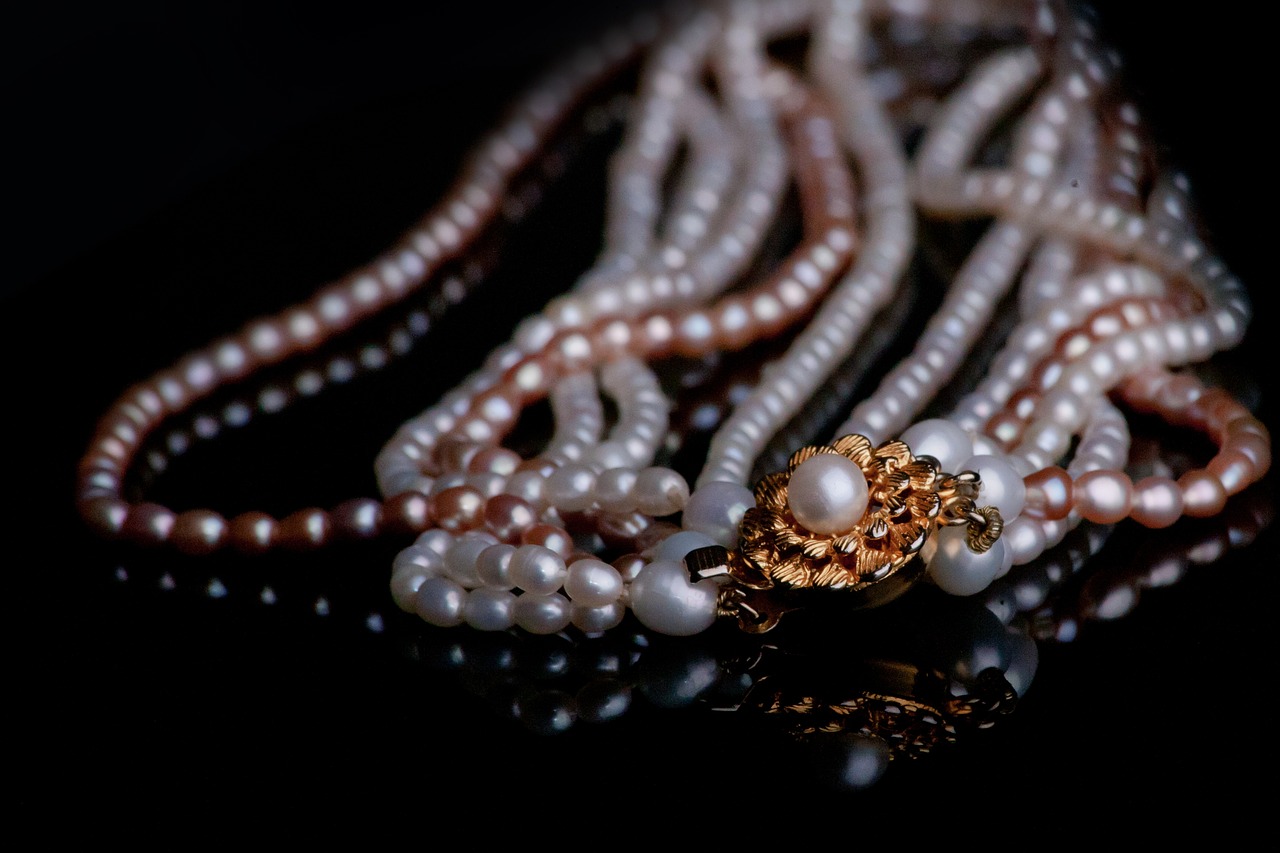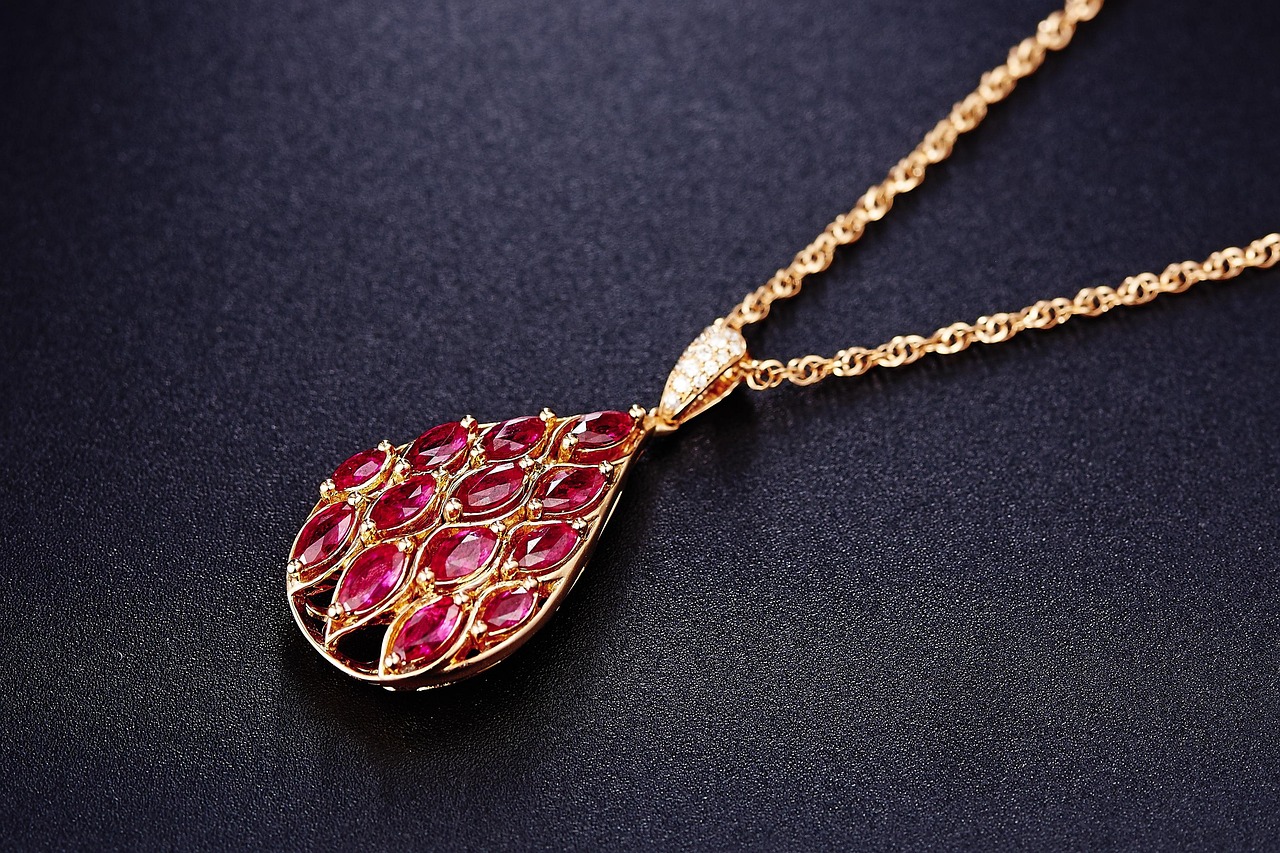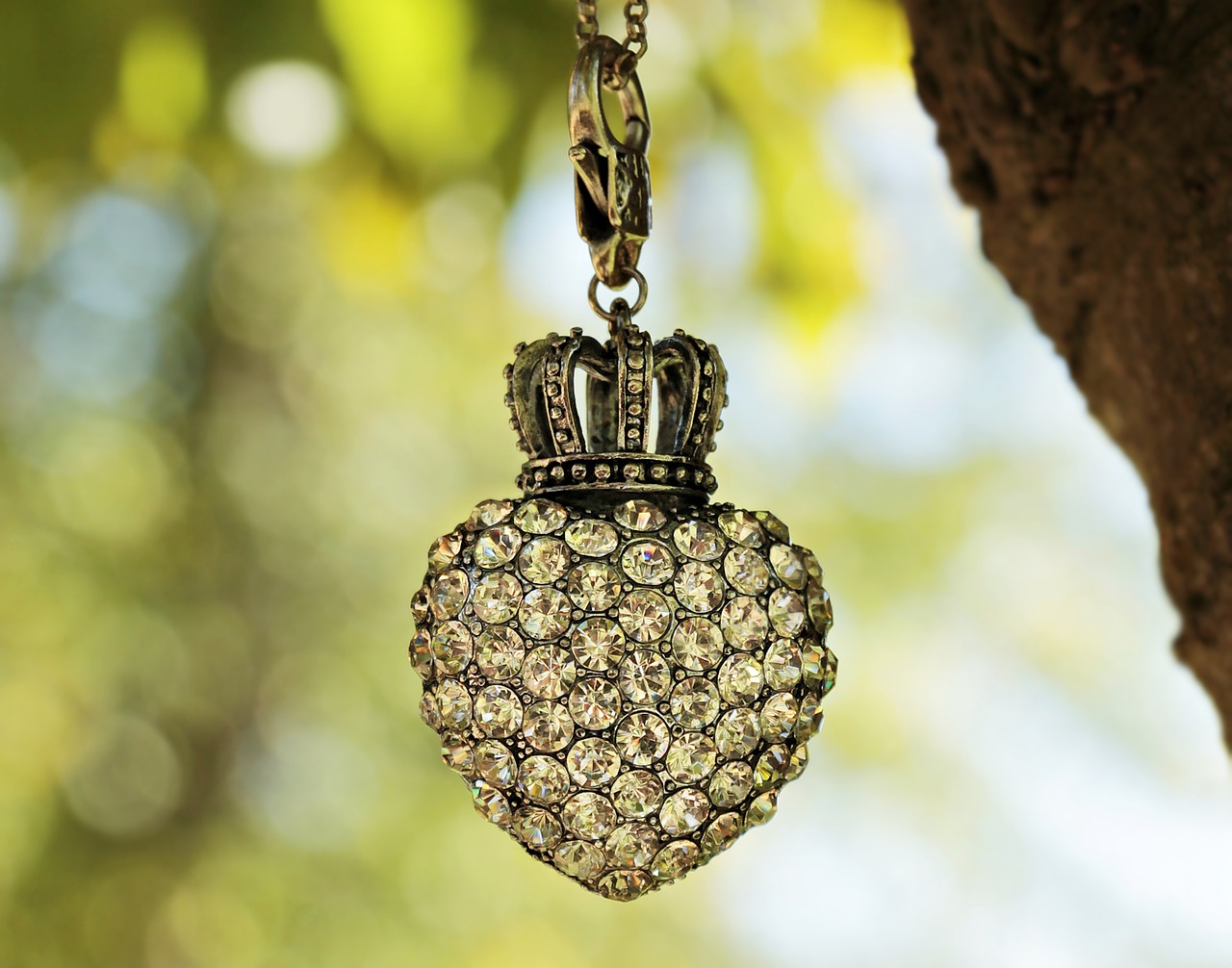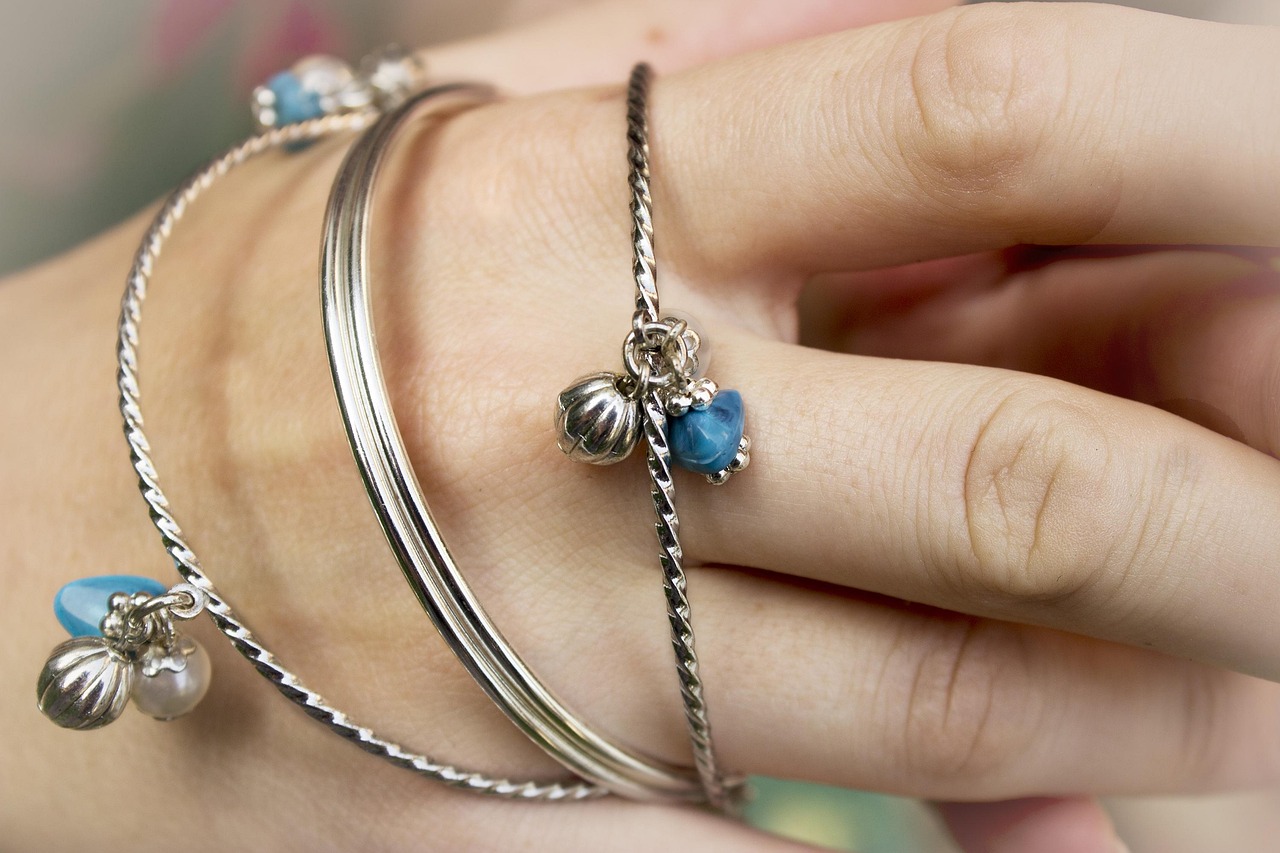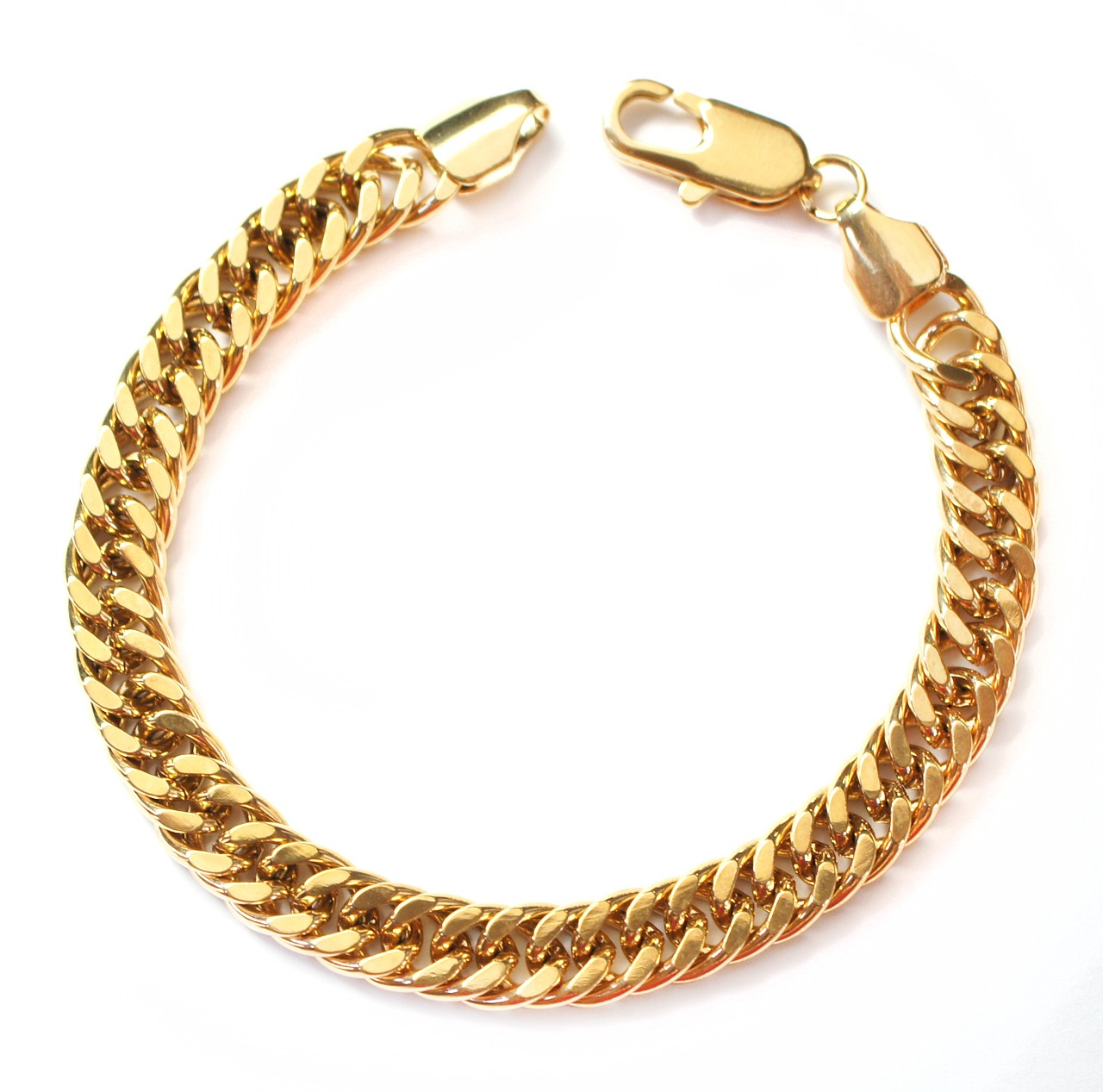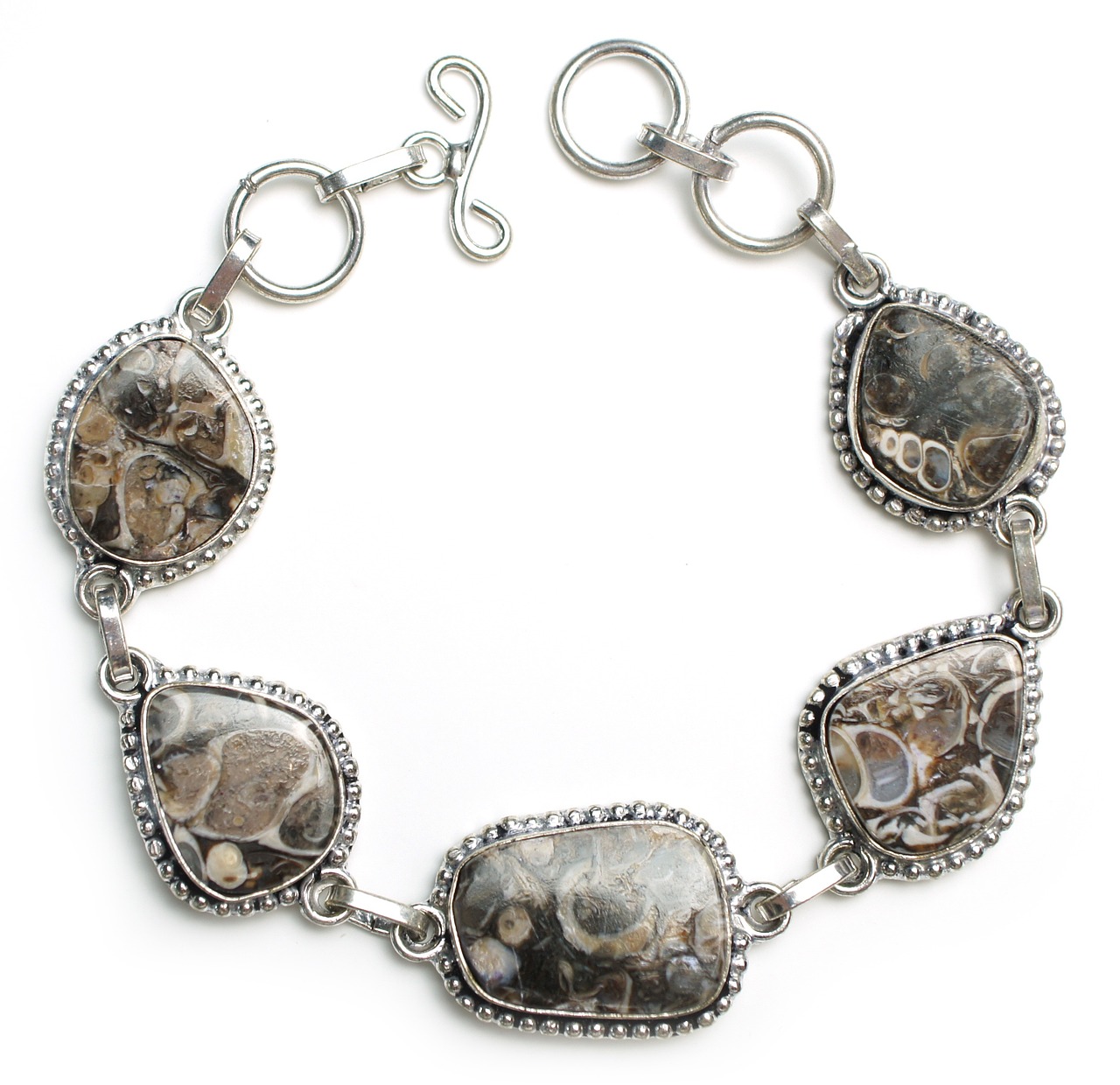When it comes to enjoying a day at the beach or by the pool, the last thing you want to worry about is the safety of your jewelry. This article provides practical tips and strategies for protecting your precious items while you relax and have fun, ensuring your valuables remain safe and sound.
Understanding the risks associated with wearing jewelry in aquatic environments is crucial. The beach and pool areas present various hazards including loss, damage, and even theft. Water can wash away lighter pieces, while sand can scratch delicate surfaces. By safeguarding your valuables, you can enjoy your time without unnecessary stress.
Some jewelry types are particularly at risk during beach and pool activities. Rings can easily slip off in the water, bracelets may get caught or tangled, and necklaces can become damaged or lost. Consider leaving these items at home or opting for more secure alternatives when heading to the water.
Opting for waterproof jewelry can significantly reduce the risk of damage. Look for pieces made from materials such as stainless steel, silicone, or plastic. These materials can withstand exposure to saltwater and chlorine without tarnishing or degrading, allowing you to enjoy your time without worry.
- Use a secure pouch: A waterproof pouch can protect your items from water and sand.
- Keep it close: Always store valuables in a secure location, such as a beach bag with a zipper.
- Utilize hotel safes: If you’re staying overnight, consider using a hotel safe for high-value items.
Yes, waterproof pouches can be an excellent solution for protecting your jewelry. These pouches are designed to keep moisture out while providing easy access to your items when needed. Look for pouches that are durable and lightweight, making them ideal for beach outings.
Swimming introduces unique challenges for jewelry safety. Consider removing items such as rings and bracelets before entering the water. If you must keep them on, ensure they are tightly secured. Additionally, designate a safe spot on the beach or poolside to store your valuables while you swim.
If you’re wearing valuable pieces, extra precautions are essential. Leaving expensive jewelry at home is often the best choice. If you must wear them, consider using a waterproof case or keeping them in a hotel safe when not in use.
Exploring alternatives can be a smart choice for beach outings. Temporary tattoos or accessories that mimic jewelry can provide a stylish look without the risk of loss. Consider options like beaded anklets or woven bracelets that enhance your beach attire without the worry.
In the unfortunate event of losing jewelry, knowing how to respond is vital. Immediately retrace your steps and check the areas where you last had the item. Report the loss to local authorities or beach management, as they may have a lost and found service. Additionally, ask fellow beachgoers if they’ve seen your item.
By following these tips, you can enjoy your time at the beach or pool without the constant worry of losing your jewelry. Stay safe, stay stylish, and have fun!

Why Is Jewelry Safety Important at the Beach or Pool?
When enjoying a day at the beach or pool, the last thing you want to worry about is your jewelry. Understanding the risks associated with wearing jewelry in water environments is crucial for a stress-free experience. This section highlights potential hazards like loss, damage, and theft, emphasizing the importance of safeguarding your valuables.
Water environments present unique challenges for jewelry wearers. One of the most significant risks is loss. Whether it’s a ring slipping off your finger due to water’s buoyancy or a necklace getting tangled and falling off, the chances of losing your cherished pieces increase dramatically in such settings. Additionally, damage is another concern. Exposure to saltwater, chlorine, and sand can tarnish or corrode metals and gemstones, leading to irreversible harm. Even seemingly durable materials can suffer scratches and wear, diminishing their beauty and value.
Another critical factor to consider is theft. Busy beach areas and poolside lounges can attract opportunistic thieves. Leaving your jewelry unattended on a towel or in a beach bag can make it an easy target. Even if you think your belongings are secure, the risk of theft is always present, especially in crowded places.
To mitigate these risks, it’s essential to adopt a proactive approach. First, consider what types of jewelry you wear. Some pieces are more vulnerable than others; for instance, delicate chains and rings are more likely to be lost or damaged than sturdier items. Opting for waterproof jewelry made from durable materials can also significantly reduce the risk of damage. Look for options made from silicone, stainless steel, or other water-resistant materials that can withstand exposure to the elements.
Moreover, proper storage is vital. If you choose to bring your jewelry to the beach or pool, ensure you have a secure place to store it when not in use. Waterproof pouches can be an excellent solution for protecting your valuables from water and sand while keeping them accessible.
Lastly, consider alternatives to wearing jewelry altogether. Stylish options like temporary tattoos or accessories that mimic jewelry can provide a fashionable look without the associated risks. By taking these precautions, you can enjoy your time in the sun and water without the constant worry about your jewelry.
In summary, understanding the risks associated with wearing jewelry in water environments is essential for protecting your valuables. By being aware of potential hazards and implementing effective strategies, you can enjoy your beach or pool experience with peace of mind.

What Types of Jewelry Are Most Vulnerable?
When it comes to enjoying a day at the beach or pool, many people love to accessorize with their favorite jewelry. However, certain types of jewelry are particularly vulnerable to loss or damage in these environments. Understanding which pieces to be cautious with can help you protect your valuables while still enjoying your time in the sun.
Rings, especially those that are loose-fitting, can easily slip off in water. The combination of water and sand can create a slippery situation, leading to the potential loss of your precious rings. Engagement rings and other sentimental pieces should be removed before swimming or engaging in beach activities.
Bracelets, particularly those with intricate designs or dangling charms, are also at risk. They can get caught on beach gear, towels, or even swimwear, increasing the likelihood of damage or loss. Consider leaving expensive bracelets at home or opting for more durable alternatives while enjoying water activities.
Necklaces can easily become tangled or broken when exposed to water and sand. The movement of swimming can cause chains to snap, especially if they are made from delicate materials. If wearing a necklace, choose shorter styles or those designed for active wear to minimize the risk of damage.
Earrings, particularly studs, can fall out while swimming or playing in the waves. The force of water can dislodge them, leading to potential loss. It is advisable to remove earrings before entering the water or opt for waterproof options designed for active use.
While some watches are designed to be water-resistant, others are not. Even water-resistant watches can suffer from damage if exposed to saltwater or sand. Consider using a waterproof strap or leaving your watch at home to prevent unnecessary damage.
Costume jewelry is often made from less durable materials, making it more susceptible to damage from water and sand. If you love to wear statement pieces, consider opting for higher-quality alternatives that can withstand the beach environment.
- Before heading to the beach or pool, consider leaving valuable pieces at home.
- If you must wear jewelry, choose durable and waterproof materials.
- Use a waterproof pouch to store your jewelry when not in use.
- Be mindful of activities that may put your jewelry at risk.
- Consider wearing fashionable alternatives that mimic jewelry without the risk of loss.
By understanding which types of jewelry are most vulnerable and taking the necessary precautions, you can enjoy your time by the water without the stress of losing or damaging your precious accessories.
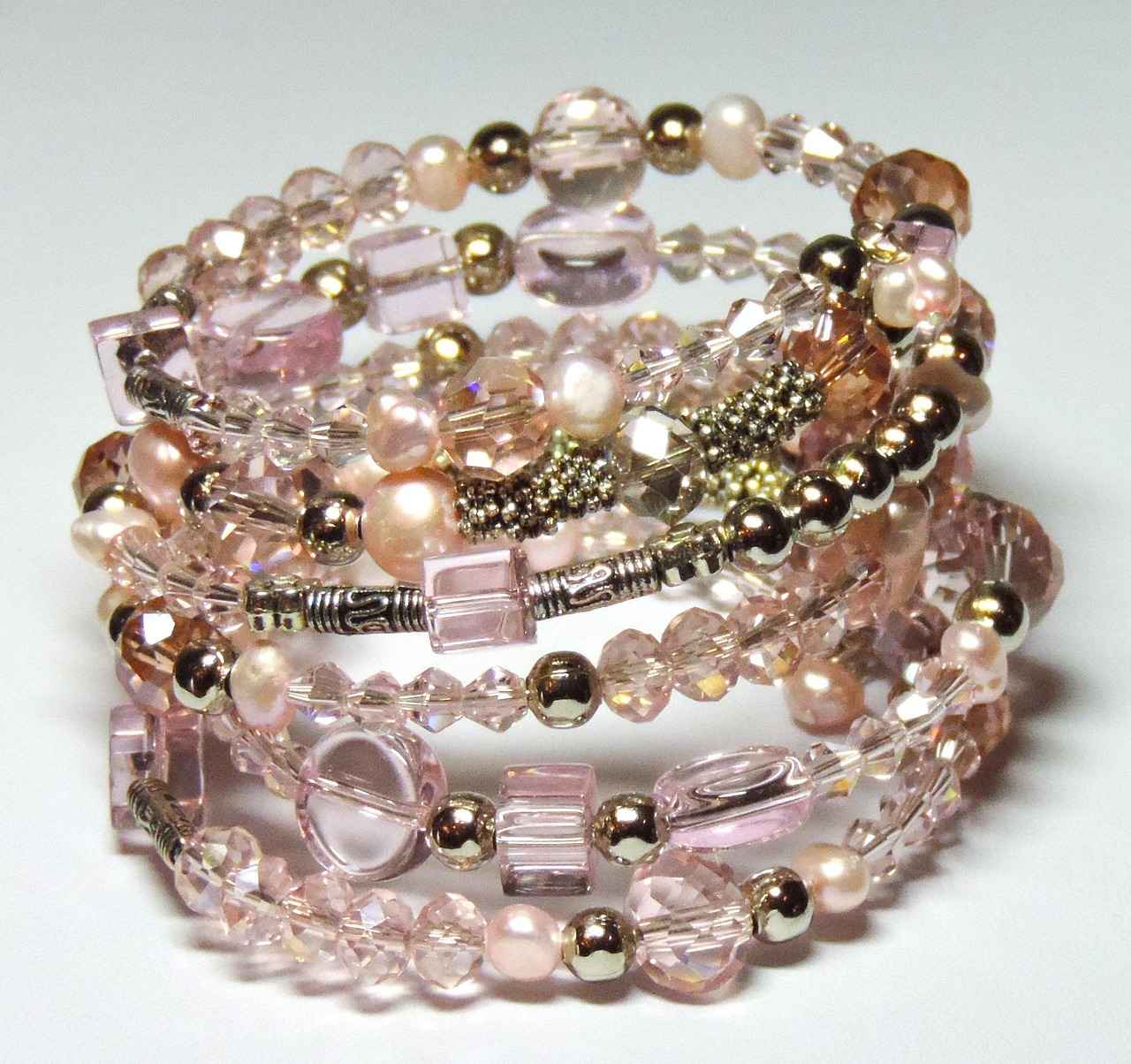
How to Choose Waterproof Jewelry?
When planning a day at the beach or pool, the last thing you want to worry about is the safety of your jewelry. Choosing waterproof jewelry is a smart way to enjoy your time without the constant fear of damage. This section will delve into the materials and styles that are designed to withstand water exposure, ensuring you can make informed choices for your aquatic adventures.
When selecting waterproof jewelry, it is essential to consider materials that are not only durable but also resistant to corrosion and damage from saltwater or chlorine. Here are some of the best options:
- Stainless Steel: Known for its durability, stainless steel is highly resistant to rust and tarnish, making it an excellent choice for beach and pool settings.
- Titanium: This lightweight metal is incredibly strong and is often used in jewelry for active lifestyles. Its resistance to corrosion makes it ideal for water exposure.
- Silicone: Perfect for casual and sporty looks, silicone jewelry is entirely waterproof and comes in various colors and styles, making it a fun choice for beach outings.
- Plastic and Resin: Lightweight and colorful, plastic and resin jewelry can handle water without any issues. They are also budget-friendly options.
Aside from the materials, the style of your jewelry can also impact its performance in water. Consider the following styles:
- Watches: Look for watches specifically labeled as water-resistant or waterproof. These are designed to withstand water exposure without damage.
- Bracelets: Choose simple designs without intricate details that could trap water or sand. Leather or fabric bracelets treated for water resistance are great options.
- Earrings: Opt for studs or hoops made from waterproof materials. Avoid dangling earrings, as they can get caught or lost easily.
Before heading to the beach or pool, it’s wise to test your jewelry to ensure it can handle water. Here’s how:
1. Check for labels: Look for any manufacturer's specifications regarding water resistance.2. Conduct a simple water test: Submerge a piece of jewelry in water for a short time and observe for any discoloration or damage.3. Consult with a jeweler: If in doubt, take your jewelry to a professional to confirm its water resistance.
While selecting waterproof jewelry, keep in mind the following:
- Avoid using jewelry with gemstones that are not treated for water exposure, as they can be damaged.
- Steer clear of plated jewelry, as the coating can wear off when exposed to water.
- Do not choose jewelry with delicate chains or clasps that may corrode or break.
By understanding the materials, styles, and testing methods for waterproof jewelry, you can confidently enjoy your time at the beach or pool without the fear of damaging your valuables. Make informed choices and keep your jewelry safe while you soak up the sun!
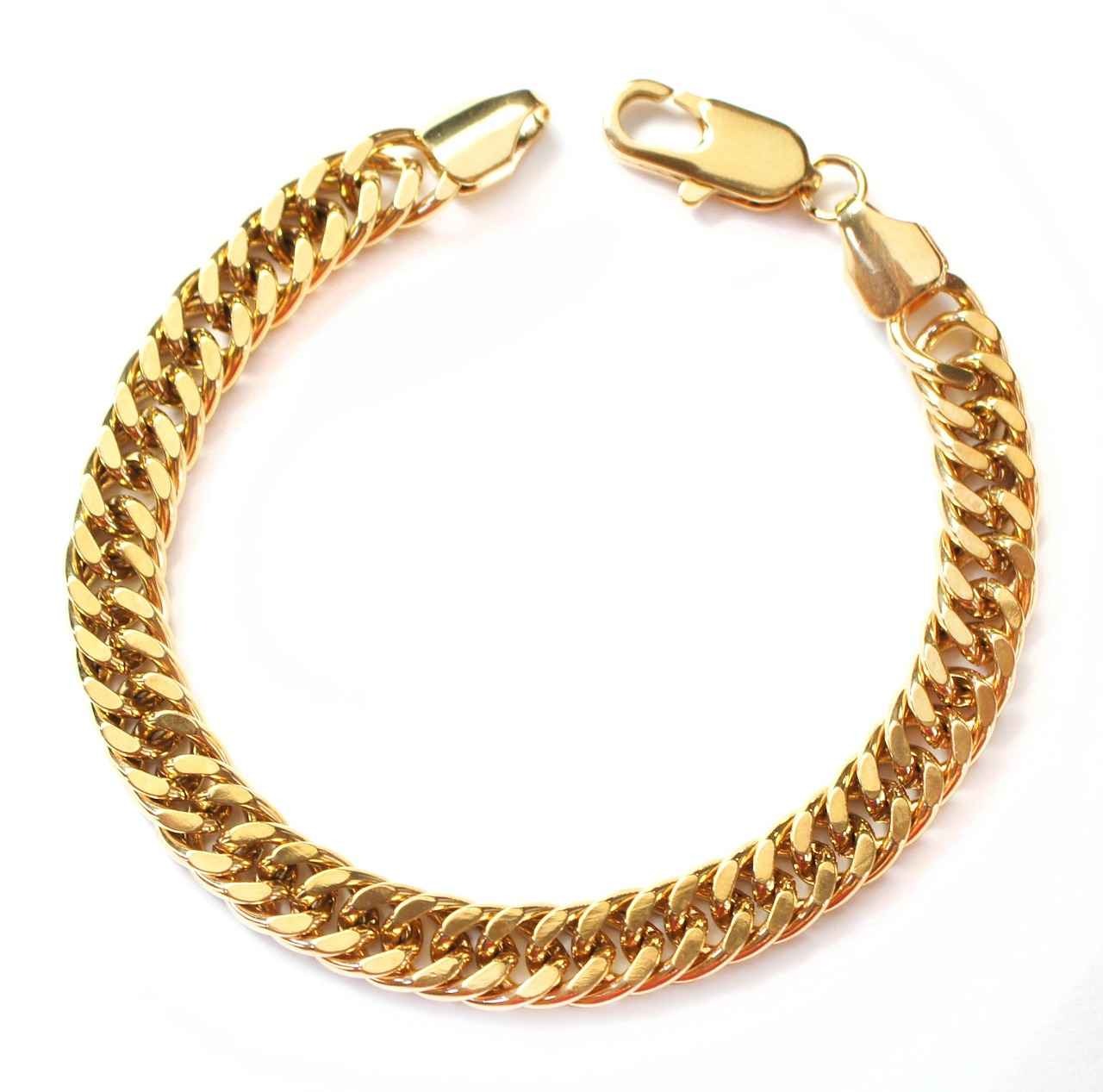
What Are the Best Ways to Store Jewelry at the Beach?
When planning a fun-filled day at the beach or pool, keeping your jewelry safe should be a priority. The combination of water, sand, and sun can pose significant risks to your treasured pieces. To help you enjoy your day without worry, here are some of the best ways to store jewelry securely while enjoying the water.
Jewelry can easily become lost or damaged in sandy or watery environments. Understanding the importance of proper storage is essential to avoid heartache. Not only can jewelry get caught in beach towels or float away in the water, but exposure to sand and salt can also lead to tarnishing and other forms of damage.
One of the most effective methods for storing jewelry at the beach is to use a dedicated jewelry case. Look for a compact and waterproof case that can hold multiple pieces securely. This will not only protect your jewelry from water damage but also keep it organized and prevent tangling.
If you’re looking for a budget-friendly option, Ziploc bags can serve as a great alternative. Here’s how to use them effectively:
- Place each piece of jewelry in its own bag to prevent scratches and tangling.
- Seal the bags tightly to keep out moisture and sand.
- Label the bags if you have multiple items, making it easy to find what you need.
A waterproof pouch can be a lifesaver for those who want to keep their jewelry close while swimming or participating in water sports. These pouches not only protect your valuables from water but also from potential theft when you’re away from your belongings. Look for options with secure closures and transparent materials for easy visibility.
When you’re at the beach or pool, consider leaving your jewelry in a safe location. This could be a hotel safe or a locked car. If you must bring your jewelry, avoid placing it in easily accessible areas where it can be snatched. Always be mindful of your surroundings and keep an eye on your belongings.
To minimize risk, consider wearing only minimal jewelry to the beach. Simple pieces made from materials that can withstand water, such as silicone or stainless steel, are ideal. This way, if you do lose an item, it won’t be a significant loss.
Investing in a travel jewelry organizer can make a world of difference. These organizers often come with compartments and hooks to keep your jewelry secure and tangle-free. Look for one that is lightweight and easy to carry, making it a convenient option for beach outings.
Here are a few additional tips to keep in mind:
- Remove jewelry before swimming to avoid losing it.
- Always check the weather and conditions before heading out.
- Consider wearing fashionable alternatives like temporary tattoos or non-precious accessories.
By following these practical storage tips, you can ensure that your jewelry remains safe and secure while you enjoy your day at the beach or pool. Remember, a little preparation goes a long way in protecting your precious items!
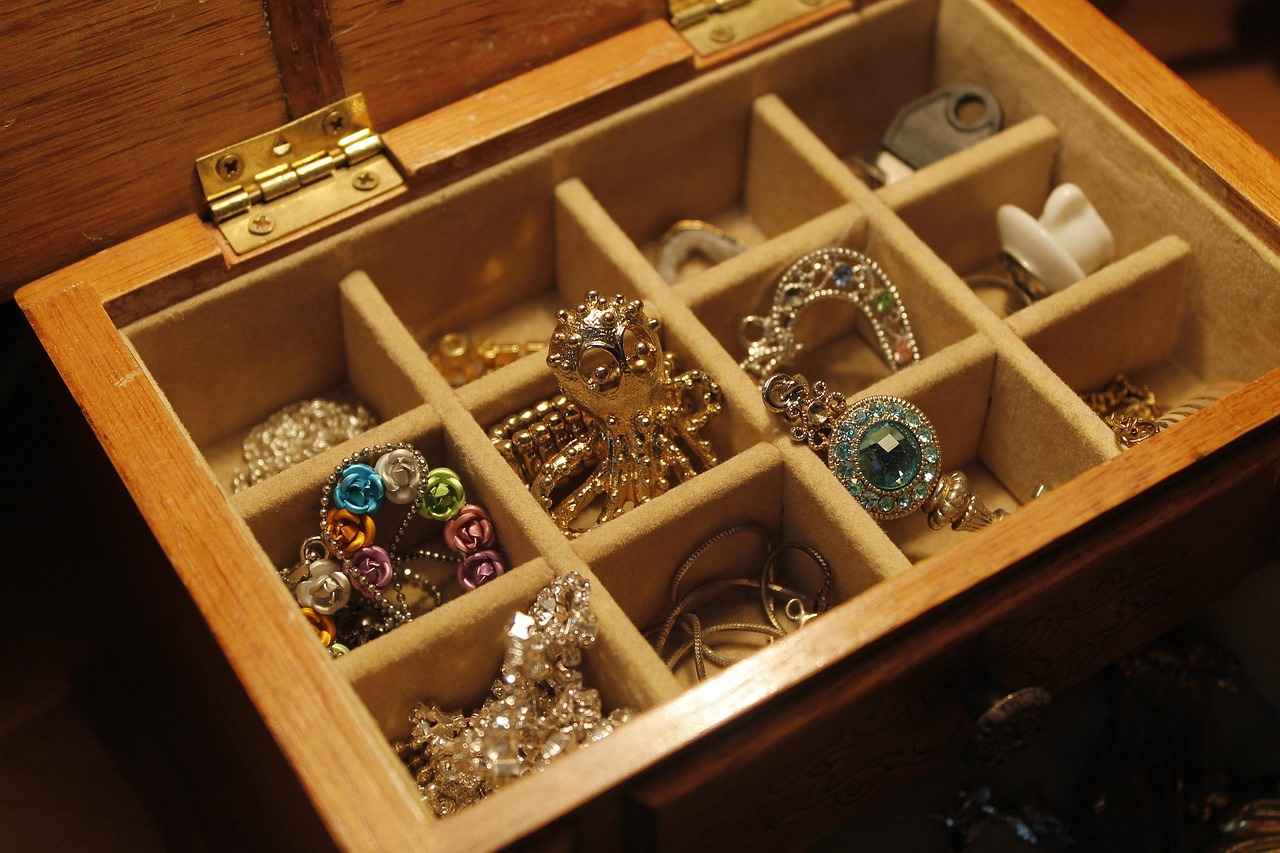
Can You Use a Waterproof Pouch for Jewelry?
When enjoying a day at the beach or pool, protecting your jewelry can be a significant concern. One effective solution is utilizing waterproof pouches. These specially designed bags not only safeguard your valuables from water damage but also offer a range of other benefits that enhance your overall experience.
- Protection from Water Damage: Waterproof pouches are designed to keep moisture out, ensuring that your jewelry remains dry and intact even in the splash zone.
- Prevention of Loss: By storing your jewelry in a secure pouch, you minimize the risk of losing pieces while swimming or engaging in beach activities.
- Convenience: These pouches are often lightweight and portable, making them easy to carry along with your beach essentials.
- Versatility: Many waterproof pouches come with additional compartments, allowing you to store not only jewelry but also other small valuables like cash, keys, and electronics.
When selecting a waterproof pouch for your jewelry, consider the following factors:
- Material: Look for pouches made from durable, high-quality materials that can withstand exposure to saltwater and chlorine.
- Sealing Mechanism: Ensure the pouch has a reliable sealing mechanism, such as a zip-lock or snap closure, to guarantee that no water can seep inside.
- Size: Choose a size that can comfortably accommodate your jewelry without being too bulky to carry.
Here are some of the best waterproof pouches available on the market:
| Product Name | Features | Price |
|---|---|---|
| OceanPack Waterproof Pouch | Durable, multiple sizes, adjustable strap | $15.99 |
| JOTO Universal Waterproof Case | Touchscreen compatible, IPX8 certified | $10.99 |
| Waterproof Phone Pouch by Moko | Clear window, fits all smartphones, neck strap | $12.49 |
To maximize the effectiveness of your waterproof pouch:
- Seal Properly: Always double-check that the pouch is sealed tightly before exposing it to water.
- Limit Contents: Avoid overcrowding the pouch, as this can compromise its waterproof integrity.
- Store in a Safe Place: When not in use, keep the pouch in a secure location to prevent loss or theft.
In conclusion, waterproof pouches are an excellent investment for anyone looking to protect their jewelry while enjoying water activities. With the right choice and proper use, you can ensure that your valuables remain safe and sound, allowing you to focus on having fun.

How to Keep Jewelry Safe While Swimming?
Swimming can be a refreshing and enjoyable activity, but it also poses unique challenges for jewelry safety. Whether you’re at the beach or in a pool, the risk of losing or damaging your jewelry increases significantly when you take a dip. Here, we share effective strategies to ensure your precious pieces remain secure while you enjoy the water.
Before diving into the water, it’s essential to consider when to remove your jewelry. Here are some guidelines:
- Before Swimming: Always remove rings, bracelets, and necklaces before entering the water. The motion of swimming can easily dislodge them, leading to loss.
- During Activities: If you’re engaging in water sports or activities that involve a lot of movement, it’s best to leave your jewelry behind.
- Before Applying Sunscreen: Sunscreen can create slippery surfaces, making it easier for jewelry to slip off. Remove your pieces before applying any products.
Proper storage is crucial for keeping your jewelry safe while you swim. Consider these practical tips:
- Use a Waterproof Pouch: Invest in a high-quality waterproof pouch to store your jewelry. This will protect your items from water damage and reduce the risk of loss.
- Designate a Trusted Spot: If you’re at a public beach or pool, choose a secure location to leave your jewelry, such as a lockable bag or a hotel safe.
- Travel with Minimal Jewelry: Limit the number of items you bring to the beach or pool. Only take pieces that you’re comfortable leaving behind or that are less valuable.
To enhance the security of your jewelry while swimming, consider the following strategies:
- Wear Less Jewelry: The fewer pieces you wear, the lower the risk of losing something valuable. Opt for simple and minimalistic styles.
- Choose Secure Fastenings: If you must wear jewelry, select pieces with secure clasps or closures to minimize the chance of them coming undone.
- Buddy System: If you’re with friends or family, ask someone to watch over your belongings while you swim.
After your swim, it’s important to check your jewelry and handle it properly:
- Inspect for Damage: Check each piece for any signs of wear or damage before putting it back on.
- Dry Thoroughly: Make sure your jewelry is completely dry before storing it to prevent tarnishing or corrosion, especially for non-waterproof materials.
- Store Immediately: Place your jewelry in a safe location as soon as you finish swimming to avoid misplacing it later.
By following these strategies, you can enjoy your swimming experience without the constant worry of losing or damaging your jewelry. Remember, preparation is key to keeping your valuables safe while enjoying the water!
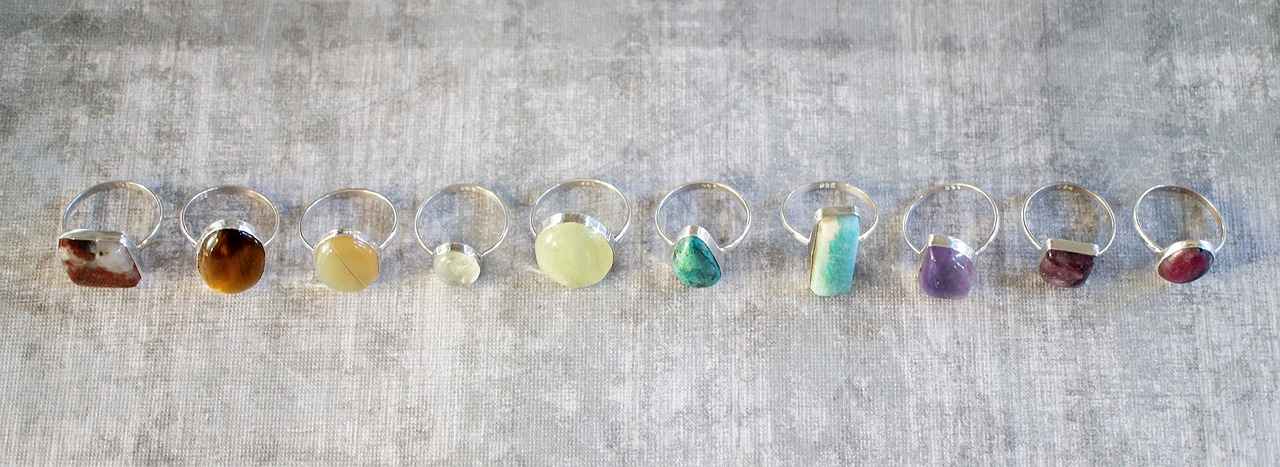
What Precautions Should You Take with Valuable Jewelry?
When it comes to enjoying a day at the beach or by the pool, the last thing you want to worry about is the safety of your valuable jewelry. Whether it’s a stunning diamond ring or a delicate gold necklace, these items can easily be lost, damaged, or even stolen in such environments. Therefore, taking the right precautions is essential to ensure your precious pieces remain safe and secure.
Leave Expensive Jewelry at Home
One of the most effective ways to protect your jewelry is to simply leave valuable pieces at home. This eliminates the risk of loss or damage entirely. Consider wearing less expensive or more durable alternatives that can withstand the rigors of beach or pool activities without causing you undue stress.
Utilize Hotel Safes
If you must bring valuable jewelry with you, consider using a hotel safe. Most hotels offer secure storage options that can keep your items safe while you enjoy your time outdoors. Ensure you choose a safe that is reliable and has a good reputation for security. Always double-check that your jewelry is securely stored before leaving your room.
Wear Minimal Jewelry
When heading to the beach or pool, it’s wise to limit the amount of jewelry you wear. Opt for a simple pair of earrings or a single bracelet instead of multiple pieces. This not only reduces the risk of losing items but also simplifies your overall look, allowing you to enjoy your day more freely.
Consider Waterproof Options
Another precaution is to invest in waterproof jewelry. Many brands now offer stylish pieces made from durable materials that can withstand exposure to water. These options allow you to enjoy your time in the water without the worry of damaging your valuables.
Be Mindful of Activities
Before diving into the water, consider removing your jewelry. Activities like swimming, playing beach volleyball, or engaging in water sports can increase the risk of losing your items. Always have a designated place to store your jewelry when it’s not being worn, such as a secure pouch or a locker, if available.
Keep an Eye on Your Surroundings
When wearing jewelry in public spaces, it’s important to be aware of your surroundings. Theft can occur in crowded areas, so stay vigilant. If you notice suspicious behavior or feel uncomfortable, it’s best to remove your jewelry and secure it until you feel safe again.
Use a Trusted Friend
If you’re visiting the beach or pool with friends, consider having someone you trust keep an eye on your belongings while you swim or engage in other activities. This extra set of eyes can provide peace of mind and help ensure your jewelry remains safe.
Have a Plan for Lost Jewelry
In the unfortunate event that you do lose your jewelry, having a plan can help minimize the stress. Know where to report lost items and how to effectively search the area. This proactive approach can save time and increase the chances of recovery.
By taking these precautions, you can enjoy your time at the beach or pool without the constant worry of losing or damaging your valuable jewelry. Remember, a little planning goes a long way in safeguarding your treasured pieces.
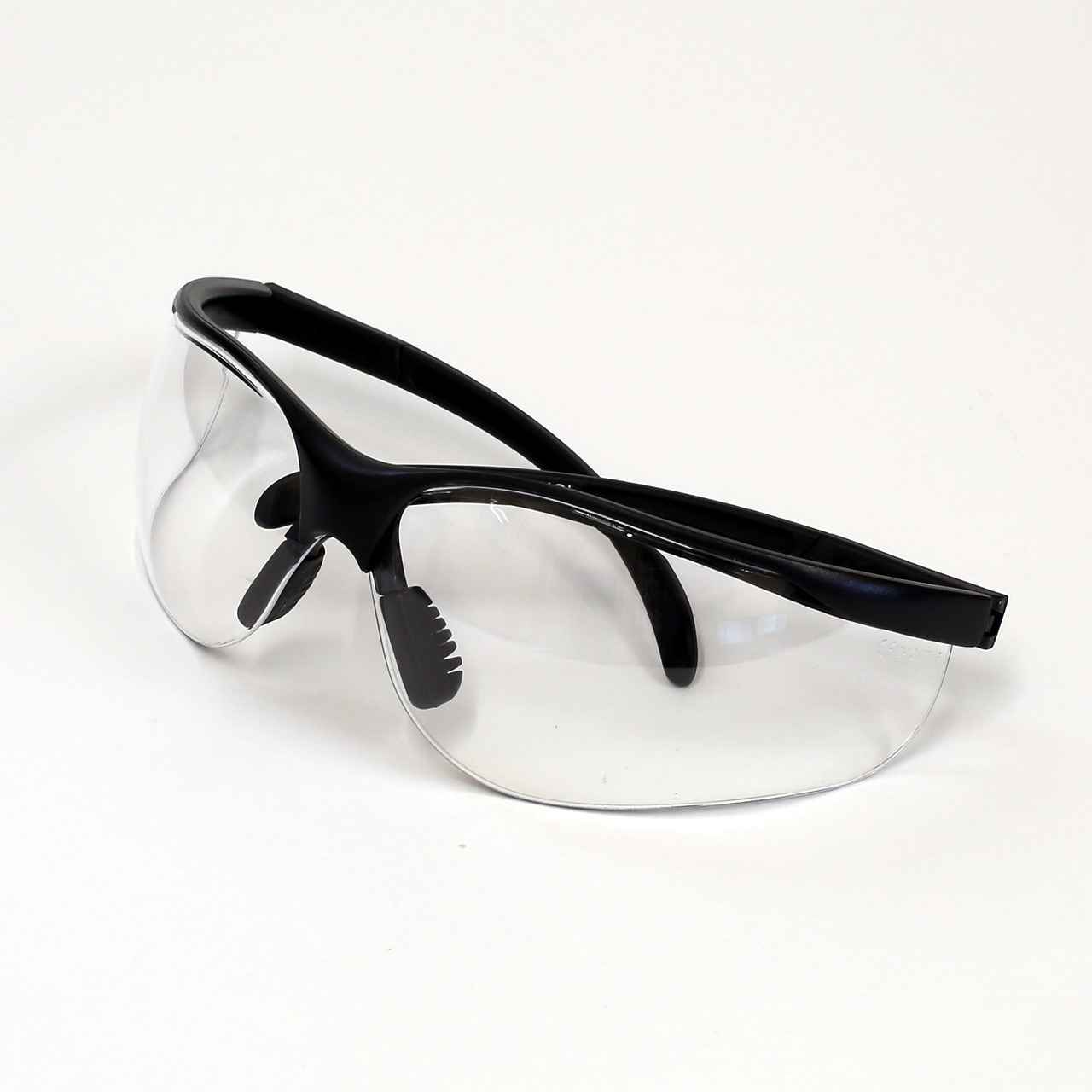
Are There Alternatives to Wearing Jewelry at the Beach?
When heading to the beach, many individuals consider accessorizing with jewelry to enhance their style. However, the risks associated with wearing traditional jewelry in sandy and watery environments can be daunting. Exploring alternatives can be a smart choice for beach outings, ensuring you look great while keeping your valuables safe. This section discusses stylish options like temporary tattoos and accessories that mimic jewelry, allowing you to enjoy your time by the water without the worry of loss.
Instead of risking your precious items, consider these fashionable alternatives:
- Temporary Tattoos: These are not only fun but can also be incredibly artistic. You can choose designs that resemble intricate jewelry, such as bracelets or necklaces. They are easy to apply and remove, making them perfect for a day at the beach.
- Silicone Rings: For those who love wearing rings, silicone options provide a safe alternative. They are durable, waterproof, and come in various colors and designs, allowing you to express your style without the fear of losing a valuable piece.
- Fabric or Beaded Accessories: Consider accessories made from fabric or beads that can withstand water exposure. These can be worn as anklets, bracelets, or even hair ties, offering a trendy look without the risk of damage.
- Body Jewelry: Look for body jewelry made from waterproof materials. This includes items like ear cuffs or non-pierced options that can add flair without the risk of losing them in the water.
Opting for non-traditional jewelry alternatives not only enhances your beach look but also provides peace of mind. Here are some benefits:
- Cost-Effective: Many alternatives are budget-friendly, allowing you to enjoy stylish accessories without breaking the bank.
- Lightweight: Unlike traditional jewelry, these alternatives are often lightweight and comfortable, making them ideal for active beach days.
- Versatility: Many of these options can easily transition from the beach to casual outings, making them a practical addition to your wardrobe.
When selecting alternatives, consider your personal style and the activities you plan to engage in. Here are some tips:
- Match with Your Swimwear: Choose colors and styles that complement your swimsuit to create a cohesive look.
- Consider Your Activities: If you plan to swim or engage in sports, opt for items that are secure and won’t easily come off.
- Experiment with Layering: Mix and match different pieces to create a unique look that reflects your personality.
Finding stylish alternatives is easier than ever. Many online retailers and local boutiques offer a wide range of options. Look for:
- Online Marketplaces: Websites like Etsy or Amazon have countless vendors selling unique temporary tattoos and accessories.
- Local Craft Fairs: Explore local craft fairs for handmade jewelry alternatives that are one-of-a-kind.
- Fashion Retailers: Many clothing stores now carry beach-friendly accessories, so keep an eye out for trendy pieces during your shopping trips.
By choosing stylish alternatives to traditional jewelry, you can enjoy your beach outings with confidence, knowing that your look is both fashionable and practical. Embrace the creativity of temporary tattoos and other unique accessories that allow you to express your individuality without the risk of losing valuable items.
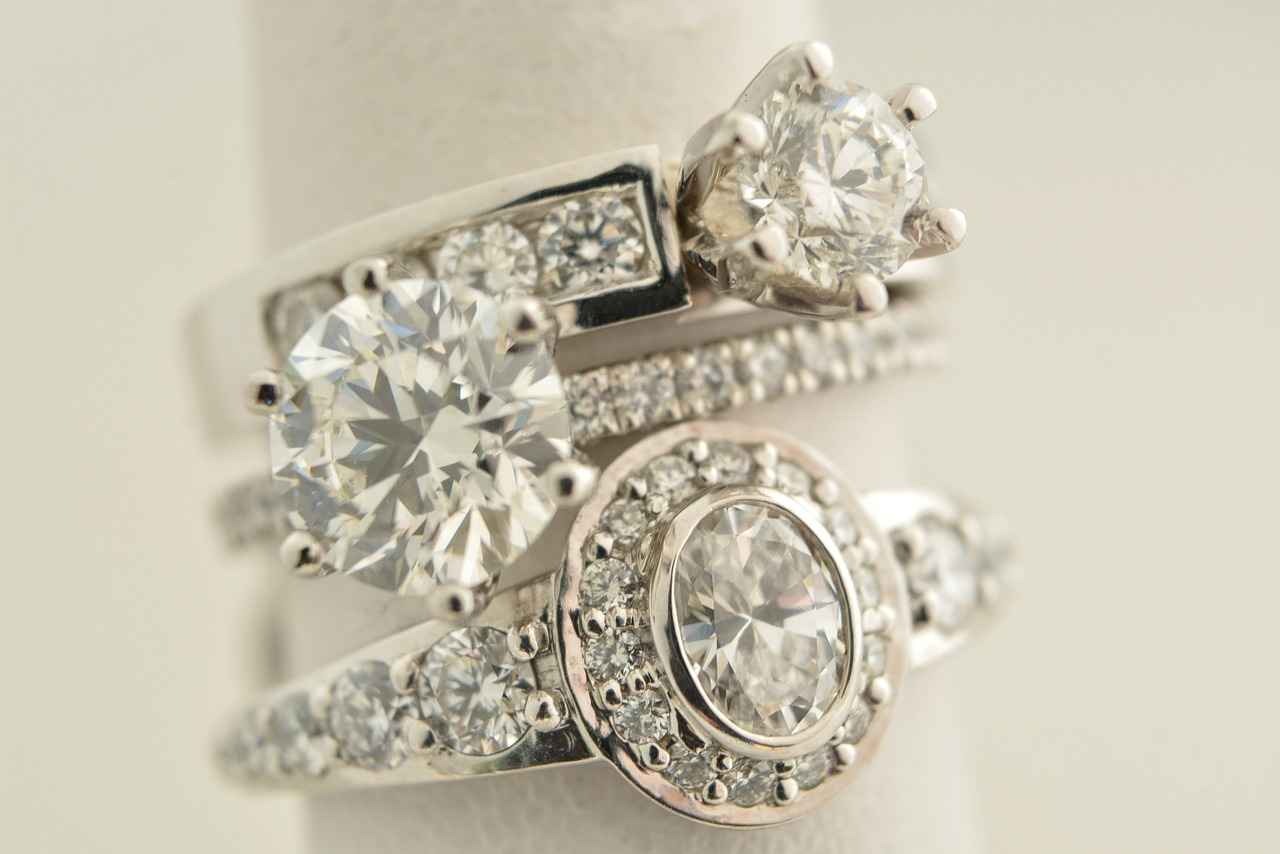
How to Handle Lost Jewelry at the Beach or Pool?
Experiencing the loss of jewelry while enjoying a day at the beach or pool can be distressing. Knowing how to respond promptly can make a significant difference in the likelihood of recovery. Here are some essential steps to take immediately after realizing that your jewelry is missing.
- Stay Calm: Panic can cloud your judgment. Take a deep breath and try to remain composed.
- Retrace Your Steps: Go back to the last place you remember wearing the jewelry. Check the area thoroughly, as it may have fallen off without you noticing.
- Inform Others: If you are with friends or family, let them know about the situation. They can help you look and provide support.
- Report the Loss: If you believe your jewelry has been stolen, report it to the local authorities. Provide them with detailed descriptions of the items, including any unique features.
- Check Lost and Found: Many beaches and pools have a lost and found department. Visit or contact them to see if your jewelry has been turned in.
In addition to these immediate steps, consider implementing preventive measures for the future. Here are some tips to help safeguard your jewelry during your next outing:
- Leave Valuables at Home: If possible, avoid bringing expensive jewelry to the beach or pool. Opt for less valuable alternatives.
- Use a Waterproof Pouch: If you must bring jewelry, store it in a waterproof pouch to minimize the risk of loss or damage.
- Designate a Safe Spot: If you’re at a public pool or beach, choose a secure location to store your belongings, such as a locker or a safe in your hotel room.
After you have taken these steps, it’s essential to remain hopeful. Many people have successfully recovered lost items by following these guidelines. However, if your jewelry is not found, consider it a learning experience. In the future, you’ll be better equipped to protect your valuables.
In conclusion, while losing jewelry is unfortunate, knowing how to respond effectively can increase your chances of recovery. By staying calm, retracing your steps, and reporting the loss, you can navigate this challenging situation with more confidence. Always remember to take preventive measures to safeguard your jewelry in the first place.
Frequently Asked Questions
- Is it safe to wear jewelry at the beach or pool?
While it can be tempting to flaunt your jewelry, it’s important to recognize the risks. Water can damage certain materials, and there’s always a chance of losing pieces in the sand or water. It’s best to be cautious!
- What types of jewelry should I avoid at the beach?
Generally, rings, delicate necklaces, and bracelets are more vulnerable to loss or damage. If you can, leave those precious items at home to avoid any heartache!
- How can I protect my jewelry while swimming?
Consider removing your jewelry before diving in. If you must wear it, use a waterproof pouch to keep it safe. Remember, the less you have on, the less you have to worry about!
- Are there waterproof jewelry options available?
Absolutely! Look for jewelry made from materials like silicone, stainless steel, or resin. These can withstand water exposure without losing their charm!
- What should I do if I lose my jewelry at the beach?
First, stay calm! Retrace your steps and search the area. If you still can’t find it, report it to the lifeguard or lost and found. You never know, it might turn up!
